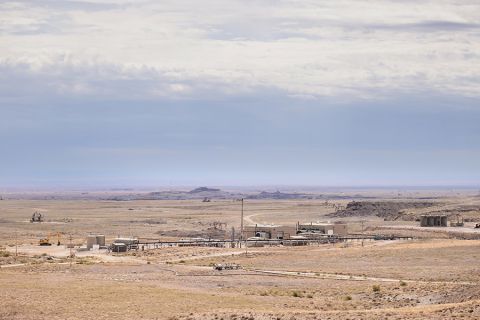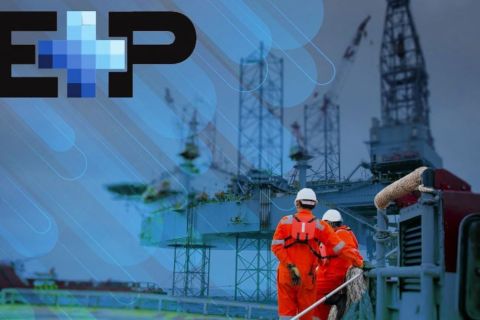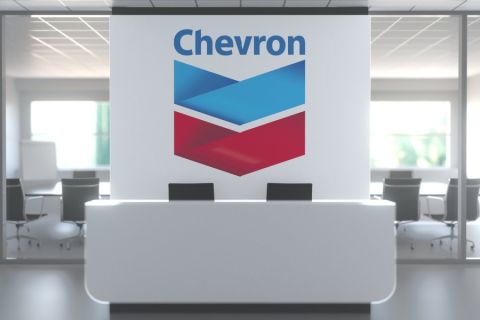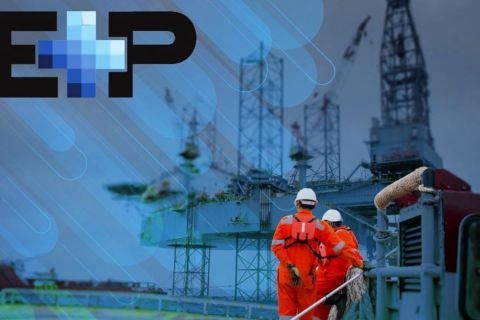
The Biden administration’s pause calls for an assessment of unapproved U.S. LNG export deals with non-Free Trade Agreement countries, as countries with an agreement are already approved by current law. (Source: Shutterstock)
It’s been almost a year since Biden’s LNG pause formally halted approvals for new export projects. The subsequent uncertainty is intensifying into a cannonball of higher costs and delayed projects, according to analysts at Poten & Partners.
Longer timelines, higher engineering, procurement and construction costs (EPC) and methane emissions fees are not just affecting projects waiting for approval or final investment decision (FID). The U.S. LNG sector is being affected as a whole, Poten’s Global Head of Business Intelligence Jason Feer said Sept. 11 during a company webcast.
“I think it's starting to look like most projects are going to have to reapply or get extensions,” Feer said.
Golden Pass LNG has been pushed back toward the end of 2025, while NextDecade, with its regulatory issues, will potentially see delays as well, he said. Feer said all U.S. projects that were pre-FID have been pushed back to around 2028 to 2029 or so.
The more projects like Golden Pass are delayed, the less competitive the U.S. will become if it is forced to revert to spending more money in more expensive regions to produce gas, Feer said.
“There is plenty of gas in the U.S., but over time feed gas prices will rise as domestic U.S. gas demand grows as more coal-fired generation goes offline and U.S. LNG exports rise,” Feer said. “The cost of gas production will also tend to rise due to inflation and the depletion of the cheapest, most prolific reserves.”
RELATED
US LNG Export Market Share Reaches 21%, Despite Biden Pause
“It says to us that most of these projects will have to reapply, and then of course, there's a bunch of projects that don't yet have their permits. There's a pretty full queue of projects that are making their way through the regulatory process,” Feer said.
Adding to uncertainty in timelines are higher-than-expected EPC costs.
“The bankruptcy of Zachry Group has sort of reduced the number of options for contractors in the U.S., [and the projects looking for contractors], and these sort of delays and uncertainty just mean higher costs in general: legal costs, regulatory costs, things like that,” Feer said.
The Biden administration’s pause calls for an assessment of unapproved U.S. LNG export deals with non-Free Trade Agreement countries, as countries with an agreement are already approved by current law.
The pause looks to give the U.S. Department of Energy (DOE)—which is responsible for reviewing export applications—time to update economic and environmental analyses to determine if such applications are in the public interest.
Companies also have to work around government-enforced methane emissions fees.
Methane emissions fees of $900 per metric ton will start in 2024 and rise to $1,200 per metric ton by 2026. Feer said LNG producers and others in the LNG value chain will either pay the fees or spend money to reduce methane emissions. Additionally, the EU will put limits on methane emissions for hydrocarbon imports, he said.
RELATED
NextDecade Raises ‘Going Concern’ Doubts Amid Rio Grande LNG FID
Golden Pass LNG’s not so Golden Days
November elections to show the winners and losers
The U.S. presidential election in November will see Vice President Kamala Harris take on former President Donald Trump. Regardless of who wins, the delays across the U.S. LNG sector will continue, Poten Senior U.S. LNG Analyst Sergio Chapa said during the webcast.
“We're looking at maybe the second quarter [2025] before they can start touching these things again in any meaningful way, so we would expect more delays to continue,” Chapa said.
Feer believes a Harris administration will definitely impose additional requirements to get DOE permits, while he believes environmentalists will go after any attempts by a Trump administration to accelerate approvals.
“Also, either party will inherit a very understaffed DOE with a large queue of applications and a lot of regulatory uncertainty. So, I think that's going to be an issue,” Feer said.
Amid the uncertainties around coming elections, Poten’s analysts said there were some obvious winners and losers.
Winners of the pause have their projects up and running already in the U.S.—with an ability to debottleneck and incrementally add small chunks of capacity, Poten Senior Advisor Gordon Shearer said during the webcast.
“Because if you can do this without any necessarily broad regulatory authority, like an environmental assessment rather than impact statement, that's a huge plus,” Shearer said. “The existing incumbents are in a fantastic position in terms of their ability to leverage that up and move. And of course, the fact that their competitions’ costs are going up in the interim doesn't hurt them either.”
Projects able to self-finance are also winners, Chapa said, due to their ability to bypass financing issues and withstand regulatory uncertainties. Chapa also said that projects that already have their sets of permits were looking good, especially in regards to extensions.
On the other hand, Shearer said the big losers were communities in the vicinity of would-be LNG projects losing out on the economic benefits of an LNG export terminal.
“In the end, the balance that we used to seem to have around weighing the pluses and minuses seems to be going away,” Shearer said. “And that's a bad political position for us all to be in.”
Recommended Reading
Now, the Uinta: Drillers are Taking Utah’s Oily Stacked Pay Horizontal, at Last
2024-10-04 - Recently unconstrained by new rail capacity, operators are now putting laterals into the oily, western side of this long-producing basin that comes with little associated gas and little water, making it compete with the Permian Basin.
E&P Highlights: Aug. 26, 2024
2024-08-26 - Here’s a roundup of the latest E&P headlines, with Ovintiv considering selling its Uinta assets and drilling operations beginning at the Anchois project offshore Morocco.
Chevron Pushing Longer Laterals in Argentina’s Vaca Muerta Shale
2024-09-13 - Chevron Corp., already drilling nearly 2.8-mile laterals at its Loma Campana Field in Argentina, wants to drill even longer horizontals, an executive told Hart Energy.
E&P Highlights: Aug. 5, 2024
2024-08-05 - Here’s a roundup of the latest E&P headlines, including new oil discoveries and an implementation of AI technology in operations offshore United Arab Emirates.
Northern’s O’Grady: Most of ‘Best’ Acres ‘Already Been Bought’
2024-10-24 - Adding new-well inventory going forward will require “exploration or other creative measures,” said Nick O’Grady, whose Northern Oil and Gas holds interests in 10,000 Lower 48 wells.
Comments
Add new comment
This conversation is moderated according to Hart Energy community rules. Please read the rules before joining the discussion. If you’re experiencing any technical problems, please contact our customer care team.






